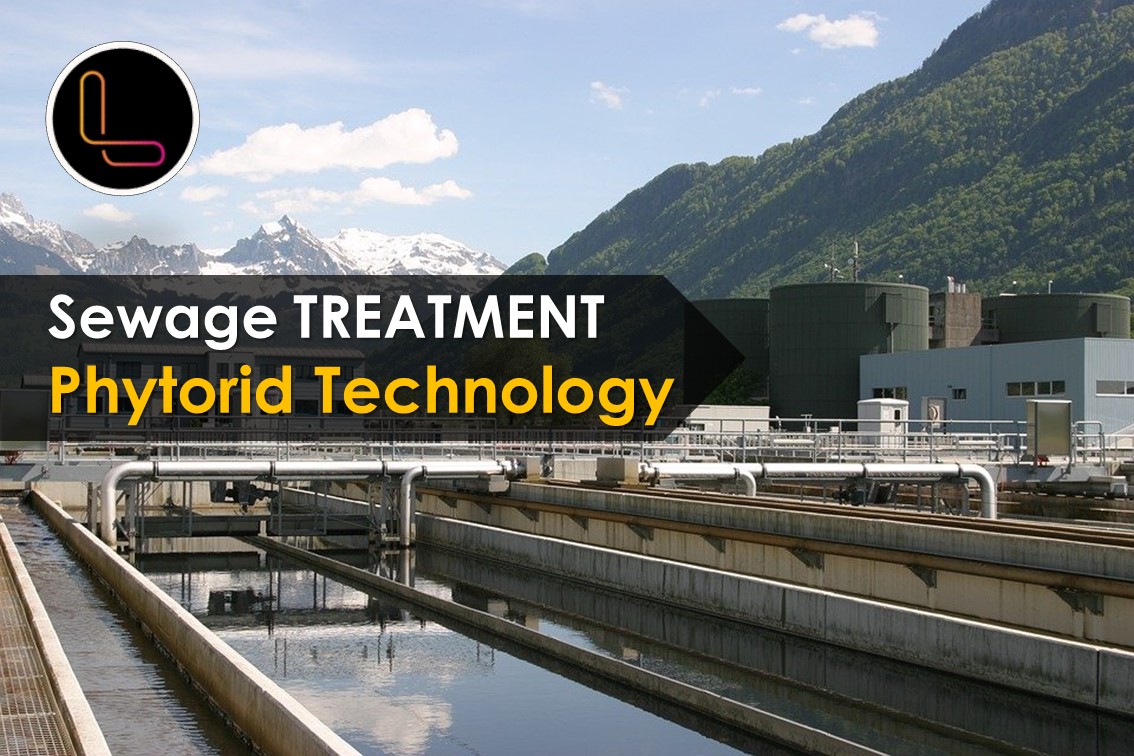Context
A huge quantity of sewage is generated in rural and urban areas. With limited installed capacity of treatment in centralised manner, a large portion of this sewage remains untreated and left as it is to water bodies.
In news
An eco- friendly technology for sewage water treatment (Phytorid) was inaugurated at
CSIR-National Chemical Laboratory (NCL)-Pune.
About Phytorid
- Phytorid is a self sustainable technology for wastewater treatment that works on the principle of natural wetland.
- It uses certain specific plants which can absorb nutrients directly from wastewater but do not require soil.
- These plants act as nutrient sinker and remover.
- Using Phytorid Technology for the treatment of sewage, it is possible to recover and reuse the treated water for gardening purposes.
Advantages
- No mechanical or electrical machinaries
- Space saving
- Decentralized and saves cost of piping
- Can be integrated in natural topography
Sewage treatment
- It is the process of removing contaminants from municipal wastewater, containing mainly household sewage plus some industrial wastewater.
- Physical, chemical, and biological processes are used to remove contaminants and produce treated wastewater (or treated effluent) that is safe enough for release into the environment.
- A by-product of sewage treatment is a semi-solid waste or slurry, called sewage sludge.
- The sludge has to undergo further treatment before being suitable for disposal or application to land.
Source: PIB





